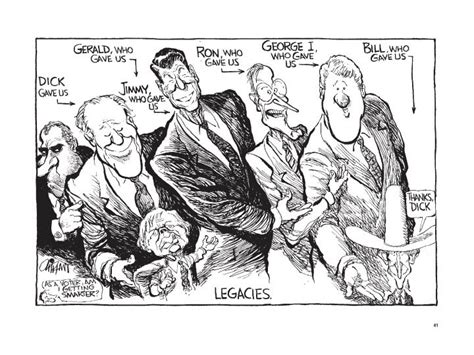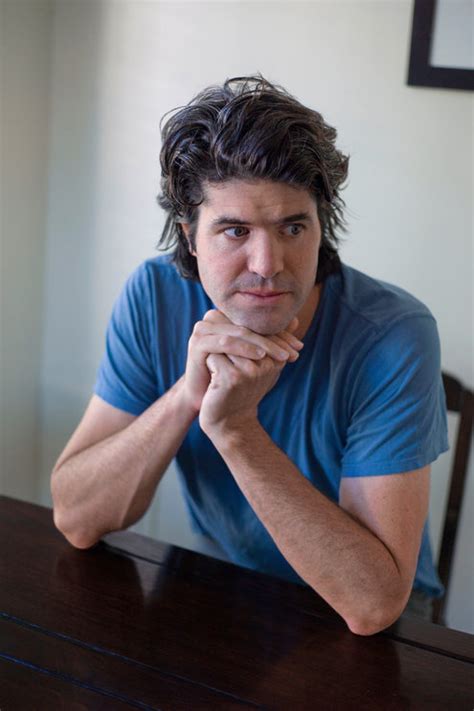A Quote by Marc Faber
When you print money, the money does not flow evenly into the economic system. It stays essentially in the financial service industry and among people that have access to these funds, mostly well-to-do people. It does not go to the worker.
Related Quotes
There's an obligation to let people know where their money is going, so the tour has an educational aspect, mostly as a way to thank people. But the most practical use is to raise money and do the research to figure out the proper ways to spend it. You want to make sure that the money doesn't just go somewhere where it does more harm than good.
We don't want this globalised economic system which does us so much harm. Men and women have to be at the centre (of an economic system) as God wants, not money. The world has become an idolator of this god called money. To defend this economic culture, a throwaway culture has been installed. We throw away grandparents, and we throw away young people. We have to say no to his throwaway culture. We want a just system that helps everyone.
Give the money directly to people who work hard. Instead of taking the money from the business and then filtering it through the horror of government programs, which is essentially giving it to social workers who live in Bethesda so they can drive their minivans and vote Democratic. Give them the money, so that they go and talk to the worker who is washing dishes, and they say, "Well, we want to help you, you see." And it would be better to help them by taking the money from that minivan-driving social worker and giving it directly to the guy who is really working hard by washing dishes.
Money is one form of power. But what is more powerful is financial education. Money comes and goes, but if you have the education about how money works, you gain power over it and can begin building wealth. The reason positive thinking alone does not work is because most people went to school and never learned how money works, so they spend their lives working for money.
The Internet will not become a money machine until the banking industry figures out how to transfer money for free so you can charge USD 0.005 (half a cent) for some simple service like, say, reading a newspaper article you have searched for. With today's payment system, the cost of the transfer of the funds completely dwarf the cost of the service paid for. ... This situation, however, is what acutely prevents the Internet from taking off as a network for paid services.
What the U.S. does is it continues to print money when the economic situation gets difficult. This is what happened in the last depression during the summer of 2008 when they tried to resolve the economic crisis by printing valueless money. This is the business privilege given to them at the famous conference of Bretton Woods in 1944 when the United States emerged as the superpower after Europe and the rest of the world, mainly Europe, that had collapsed because of the war.
The rich does not work for money, but money work for them...., While the poor work for money.Illiteracy, both in word and numbers, is the foundation of financial struggle....,Wealth is a person's ability to survive so many number of days forward... or if i stopped working today, how could i survive?...,Wealth is the measure of cash flow from to asset column compared with the expense column.
You can say to this unemployed family, people are indigent, that they must pay for water and this and that and refuse removal and so on. They have no money. We may very well say that, but does the municipality have the capacity to do it? So, that's why we said that we need to have a thorough look at the functioning of local government and that will include the financing. So that this poor person does indeed access that water.
We are seeing more managed money and, to an extent, institutional money entering the space. Anecdotally speaking, I know of many people who are working at hedge funds or other investment managers who are trading cryptocurrency personally, the question is, when do people start doing it with their firms and funds?
What a sound money system does is to stabilize all the elements in it, and reduces the uncertainty that people confront. And the one thing all human beings do when they are confronted with uncertainty is pull back, withdraw, disengage, and that means economic activity, which is really dealing with people, just goes straight down.


































